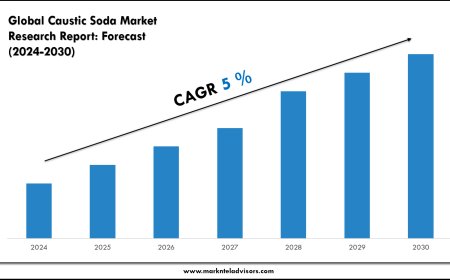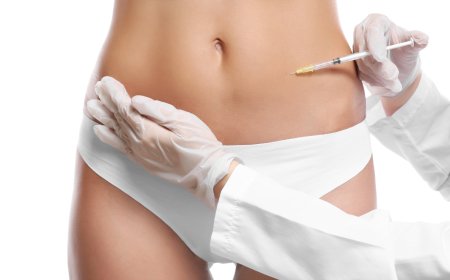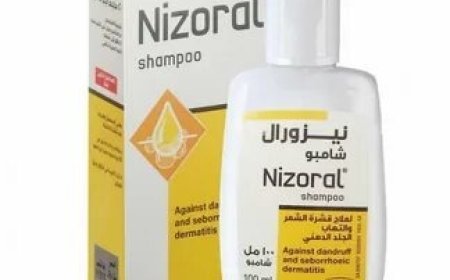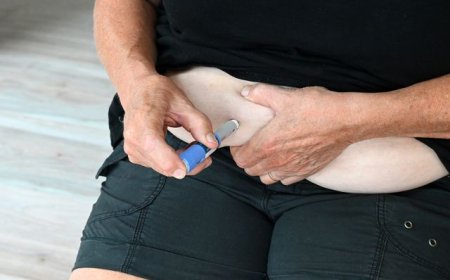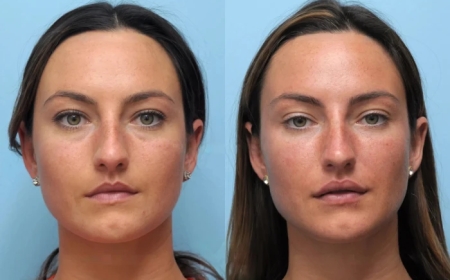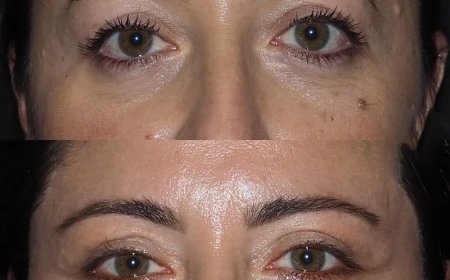10 Best Vitamins for Testosterone Boost
Discover the 10 best vitamins to naturally boost testosterone levels, improve energy, support hormonal balance, and enhance overall male health.

Testosterone is a vital hormone that governs numerous aspects of male health, from muscle growth and bone density to energy levels, mood, and libido. While testosterone naturally declines with age, deficiencies in essential nutrients can further lower its levels. Fortunately, certain vitamins have been linked to supporting healthy testosterone production. This article highlights the 10 best vitamins that may help boost testosterone naturally and support overall male well-being.
1. Vitamin D:
Vitamin D is one of the most important vitamins for testosterone production. Known for its role in bone health and immunity, vitamin D also acts as a hormone in the body. Research shows that men with adequate vitamin D levels tend to have higher testosterone levels. It enhances the function of Leydig cells in the testes, which are directly responsible for producing testosterone. Limited sunlight exposure or a lack of dietary sources can lead to deficiency, making supplementation beneficial for some individuals.
2. Vitamin B6:
Vitamin B6 plays a key role in regulating the production of androgens, including testosterone. It aids in the synthesis of neurotransmitters that influence mood and stress, both of which are closely tied to hormone levels. Additionally, B6 helps keep estrogen levels in check, allowing testosterone to function more effectively. A deficiency in this vitamin may lead to irritability, low energy, and reduced testosterone function.
3. Vitamin B12:
Vitamin B12 is essential for maintaining nerve health, producing red blood cells, and supporting energy metabolism. While it doesnt directly increase testosterone levels, it contributes to overall male vitality and can help reduce fatigue, a common symptom of low testosterone. B12 also supports the nervous system, which plays a key role in sexual function and performance. Meat, dairy, and fish are rich in B12, but supplementation is often necessary for vegans and older adults.
4. Vitamin C:
Chronic stress elevates cortisol, a hormone that can suppress testosterone production. Vitamin C, being a powerful antioxidant, helps reduce oxidative stress and lower cortisol levels. By limiting the damage caused by free radicals and inflammation, it indirectly supports testosterone balance. In addition, vitamin C supports immune health, another key factor in hormonal stability and overall vitality.
5. Vitamin E:
Vitamin E is a fat-soluble antioxidant that protects cellsincluding those in the testesfrom oxidative damage. This vitamin plays a role in enhancing sperm quality and supporting reproductive health. By minimizing oxidative stress, vitamin E may help maintain healthy testosterone levels, particularly in aging men. Its commonly found in nuts, seeds, and vegetable oils.
6. Vitamin A:
Vitamin A is crucial for testosterone synthesis and reproductive function. It supports the health of the testes and assists the pituitary gland in signaling the body to produce more testosterone. Low levels of vitamin A may impair sperm production and testosterone balance. This vitamin also aids in maintaining healthy vision and immune function. Foods rich in vitamin A include liver, carrots, and dark leafy greens.
7. Folate (Vitamin B9):
Folate, also known as vitamin B9, is vital for DNA synthesis and cell growth. In men, it supports healthy sperm development and contributes to hormonal balance. Folate also promotes better blood flow and may improve erectile function. Including leafy greens, legumes, and fortified grains in your diet can help maintain optimal folate levels, while supplements are often recommended for those with deficiencies.
8. Biotin (Vitamin B7):
Biotin is commonly associated with hair and nail health, but it also plays a role in metabolic processes that support hormone production. Early research suggests that biotin may enhance testosterone synthesis when combined with other B vitamins. While more studies are needed, its supportive role in metabolism and hormonal health makes it a valuable addition to a testosterone-friendly diet.
9. Niacin (Vitamin B3):
Niacin helps convert food into energy and improves blood circulation, both of which are essential for physical performance and recovery. It may not directly raise testosterone levels, but it enhances stamina and reduces inflammation. For active men or those with high stress levels, niacin can support an environment where testosterone can thrive. Rich dietary sources include poultry, mushrooms, and whole grains.
10. Pantothenic Acid (Vitamin B5):
Pantothenic acid is another B vitamin that supports the production of coenzyme A, which is necessary for synthesizing steroid hormones, including testosterone. It also supports adrenal gland function, helping the body manage stress. Though often overlooked, vitamin B5 contributes to testosterone regulation and overall hormonal balance. It is widely available in foods like avocados, mushrooms, and sweet potatoes.
Do You Need Vitamin Supplements?
Although its ideal to obtain vitamins through food, many people have nutritional gaps due to dietary restrictions, lifestyle factors, or health conditions. In such cases, supplements may be necessary to meet optimal vitamin levels and support testosterone production. Before beginning any supplement regimen, it's important to get a blood test and consult a healthcare provider to determine what your body actually needs.
Schedule a Total Testosterone Test Online
Lifestyle Tips to Support Testosterone Naturally
Vitamins alone wont fix low testosterone if lifestyle habits are poor. To maximize the benefits of these nutrients, adopt healthy habits such as:
-
Getting at least 79 hours of quality sleep
-
Engaging in regular strength and resistance training
-
Managing chronic stress through meditation or therapy
-
Maintaining a balanced diet rich in whole foods
-
Avoiding excessive alcohol and smoking
Together with the right vitamins, these habits can help you optimize your testosterone levels naturally.
Conclusion
Testosterone plays a central role in male health, affecting everything from physical strength and mood to sexual performance. Ensuring youre getting the right vitaminsespecially Vitamin D, B-complex vitamins, and powerful antioxidants like Vitamin C and Ecan make a meaningful difference. Whether through a balanced diet or guided supplementation, supporting your body with these nutrients is a smart, natural strategy for maintaining healthy testosterone levels and improving your overall well-being.



















